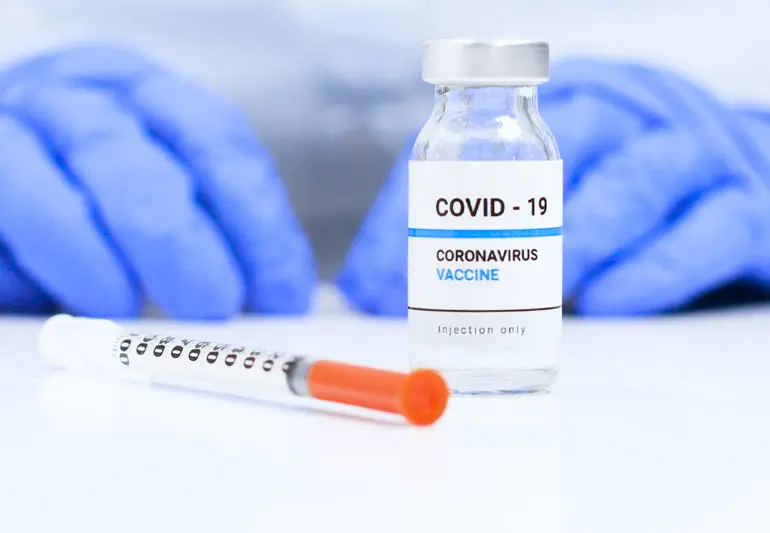- Home
- Medical news & Guidelines
- Anesthesiology
- Cardiology and CTVS
- Critical Care
- Dentistry
- Dermatology
- Diabetes and Endocrinology
- ENT
- Gastroenterology
- Medicine
- Nephrology
- Neurology
- Obstretics-Gynaecology
- Oncology
- Ophthalmology
- Orthopaedics
- Pediatrics-Neonatology
- Psychiatry
- Pulmonology
- Radiology
- Surgery
- Urology
- Laboratory Medicine
- Diet
- Nursing
- Paramedical
- Physiotherapy
- Health news
- Fact Check
- Bone Health Fact Check
- Brain Health Fact Check
- Cancer Related Fact Check
- Child Care Fact Check
- Dental and oral health fact check
- Diabetes and metabolic health fact check
- Diet and Nutrition Fact Check
- Eye and ENT Care Fact Check
- Fitness fact check
- Gut health fact check
- Heart health fact check
- Kidney health fact check
- Medical education fact check
- Men's health fact check
- Respiratory fact check
- Skin and hair care fact check
- Vaccine and Immunization fact check
- Women's health fact check
- AYUSH
- State News
- Andaman and Nicobar Islands
- Andhra Pradesh
- Arunachal Pradesh
- Assam
- Bihar
- Chandigarh
- Chattisgarh
- Dadra and Nagar Haveli
- Daman and Diu
- Delhi
- Goa
- Gujarat
- Haryana
- Himachal Pradesh
- Jammu & Kashmir
- Jharkhand
- Karnataka
- Kerala
- Ladakh
- Lakshadweep
- Madhya Pradesh
- Maharashtra
- Manipur
- Meghalaya
- Mizoram
- Nagaland
- Odisha
- Puducherry
- Punjab
- Rajasthan
- Sikkim
- Tamil Nadu
- Telangana
- Tripura
- Uttar Pradesh
- Uttrakhand
- West Bengal
- Medical Education
- Industry
Vaccinated people have shorter, milder illness and lower viral loads: NEJM

People who were vaccinated against COVID-19 by mRNA vaccines but became infected have a milder, shorter illness and lower viral RNA loads than their unvaccinated peers. Authorized mRNA vaccines were found to be highly effective among working-age adults in preventing SARS-CoV-2 infection when administered in real-world conditions, suggests a recent study published in the New England Journal of Medicine.
These mRNA vaccines attenuated the viral RNA load, risk of febrile symptoms, and duration of illness among those who had breakthrough infection despite vaccination, explained Mark G. Thompson and colleagues from the Centers for Disease Control and Prevention COVID-19 Response Team, Atlanta.
Information is limited regarding the effectiveness of the two-dose messenger RNA (mRNA) vaccines BNT162b2 (Pfizer–BioNTech) and mRNA-1273 (Moderna) in preventing infection with severe acute respiratory syndrome coronavirus 2 (SARS-CoV-2) and in attenuating coronavirus disease 2019 (Covid-19) when administered in real-world conditions.
The researchers carried out a prospective cohort study involving 3975 health care personnel, first responders, and other essential and frontline workers. From December 14, 2020, to April 10, 2021, the participants completed weekly SARS-CoV-2 testing by providing mid-turbinate nasal swabs for qualitative and quantitative reverse-transcriptase–polymerase-chain-reaction (RT-PCR) analysis.
The formula for calculating vaccine effectiveness was 100%×(1−hazard ratio for SARS-CoV-2 infection in vaccinated vs. unvaccinated participants), with adjustments for the propensity to be vaccinated, study site, occupation, and local viral circulation.
The investigators was observed that SARS-CoV-2 was detected in 204 participants (5%), of whom 5 were fully vaccinated (≥14 days after dose 2), 11 partially vaccinated (≥14 days after dose 1 and <14 days after dose 2), and 156 unvaccinated; the 32 participants with indeterminate vaccination status (<14 days after dose 1) were excluded.
Adjusted vaccine effectiveness was 91% (95% confidence interval [CI], 76 to 97) with full vaccination and 81% (95% CI, 64 to 90) with partial vaccination. Among participants with SARS-CoV-2 infection, the mean viral RNA load was 40% lower (95% CI, 16 to 57) in partially or fully vaccinated participants than in unvaccinated participants.
In addition, the risk of febrile symptoms was 58% lower (relative risk, 0.42; 95% CI, 0.18 to 0.98) and the duration of illness was shorter, with 2.3 fewer days spent sick in bed (95% CI, 0.8 to 3.7).
As a result, the authors concluded that "administration of mRNA vaccines reduces the number of viral RNA particles and the duration of viral RNA detection, thereby blunting the infectivity of SARS-CoV-2."
Dr. Nandita Mohan is a practicing pediatric dentist with more than 5 years of clinical work experience. Along with this, she is equally interested in keeping herself up to date about the latest developments in the field of medicine and dentistry which is the driving force for her to be in association with Medical Dialogues. She also has her name attached with many publications; both national and international. She has pursued her BDS from Rajiv Gandhi University of Health Sciences, Bangalore and later went to enter her dream specialty (MDS) in the Department of Pedodontics and Preventive Dentistry from Pt. B.D. Sharma University of Health Sciences. Through all the years of experience, her core interest in learning something new has never stopped. She can be contacted at editorial@medicaldialogues.in. Contact no. 011-43720751
Dr Kamal Kant Kohli-MBBS, DTCD- a chest specialist with more than 30 years of practice and a flair for writing clinical articles, Dr Kamal Kant Kohli joined Medical Dialogues as a Chief Editor of Medical News. Besides writing articles, as an editor, he proofreads and verifies all the medical content published on Medical Dialogues including those coming from journals, studies,medical conferences,guidelines etc. Email: drkohli@medicaldialogues.in. Contact no. 011-43720751


